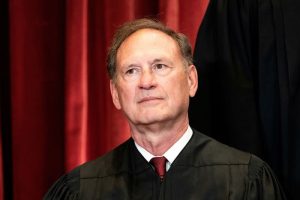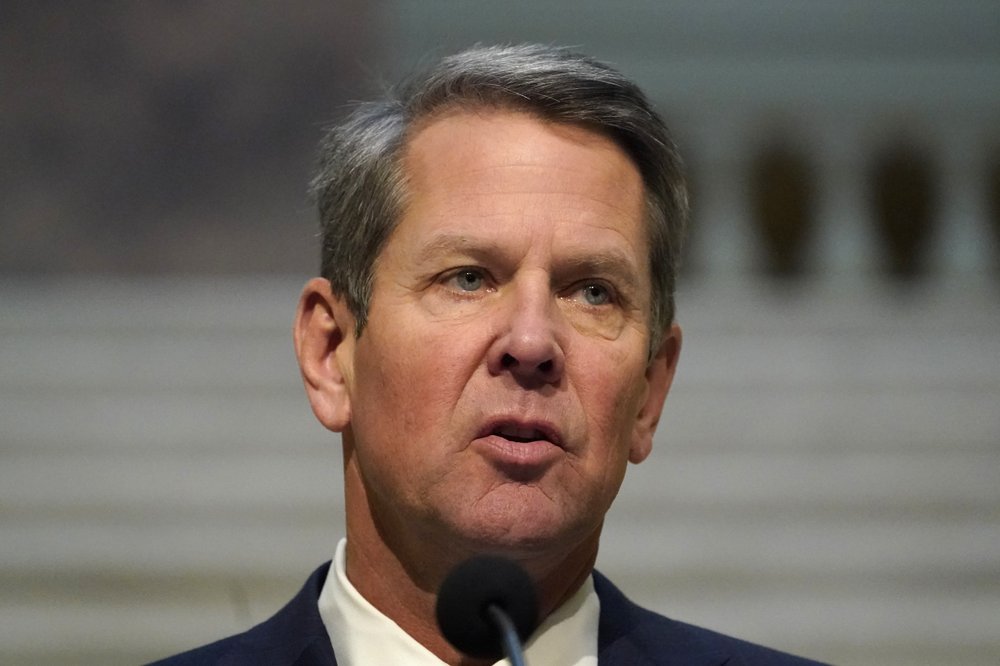Justices puzzled as Supreme Court hears arguments over internet liability shield

On Tuesday, the Supreme Court wrestled with the issue of liability protection for internet companies. They expressed confusion over arguments to reduce the industry’s protections and questioned how this could affect the internet.
They expressed their doubts during oral arguments in Gonzalez V. Google. This case was brought by Nohemi Gonzalez’s family, an American citizen who was killed in a 2015 ISIS attack in Paris. It concerns YouTube’s purported recommendations for pro-ISIS videos.
Many of the justices seemed frustrated by Eric Schnapper’s arguments, who represented the Gonzalez family and argued that Section 230 should not protect Google.
Schnapper was told by liberal Justice Ketanji Brown Jackson that “I guess… I’m completely confused.”
|
Conservative Justice Clarence Thomas was the only justice who had previously expressed doubts regarding the protections of Section 230. He also expressed confusion, and in the beginning of the argument stated that Schnapper must give the justices a more clear point.
Liberal Justice Elena Kagan said later that “These aren’t, like, nine greatest experts online.”
Section 230 of the 1996 Communications Decency Act is a provision that prohibits internet companies (including giants like Google and Facebook) from being held responsible for third-party content. The court was particularly interested in whether those protections should be extended to algorithmic recommendation systems that companies create and use.
Lisa Blatt, representing Google, stated that Section 230 protections “created the internet of today” and allowed tech companies to invent.
Blatt claimed that algorithmic recommendations are crucial for companies to organize large amounts of third party content. She also claimed that if recommendations were not protected, internet companies could be subject to constant litigation and smaller companies would go bust.
Blatt stated that Section 230 could be repealed and the internet could become a “Truman Show” vs. a “Horror Show”. It could have “anodyne or cartoon-like content or hate speech.
She added, “And Congress wouldn’t have achieved its purposes.”
Kagan asked Blatt if Section 230 protections were only applicable because YouTube’s recommendation algorithm is neutral. Blatt replied that Section 230 would protect algorithms created for more sinister purposes.
Jackson reiterated Congress’ intent to pass Section 230. He said they did this in good faith to protect internet companies who take down third-party content.
“You are saying that the protection applies to internet platforms that promote offensive material. Jackson explained to Blatt that Jackson believed it was exactly the opposite of the intent of Congress.
The justices also questioned whether the appropriate body is to amend Section 230, appearing to be wary of the implications for reducing protections.
“I accept the fact that many algorithms are not going to create pro-ISIS material and that that won’t cause a problem under this statute. They might produce defamatory or other illegal content. Kagan stated that your argument cannot be restricted to one statute.
Justice Amy Coney Barrett asked if the court could send the case back instead to the lower courts depending upon the outcome of a case that was set to be argued Wednesday.
In Twitter, Inc., v. Taamneh, the court will interpret the antiterrorism law that the Gonzalez family believes makes Google responsible. Instead, the justices may ask the lower court for a review of Google’s underlying responsibility to determine if Section 230 protections are necessary.
Despite the attacks by both sides of the aisles, any changes to Section 230 will likely be made in the court and not Congress. This is because Democrats, Republicans, and others, approach the issue from almost opposite perspectives, making it harder for legislative change.
Democrats claim Section 230 protects companies from hosting too much misinformation and hate speech. Republicans, however, say it protects them from being able censor content with anti-conservative biases as the GOP has generally alleged.










No Comments